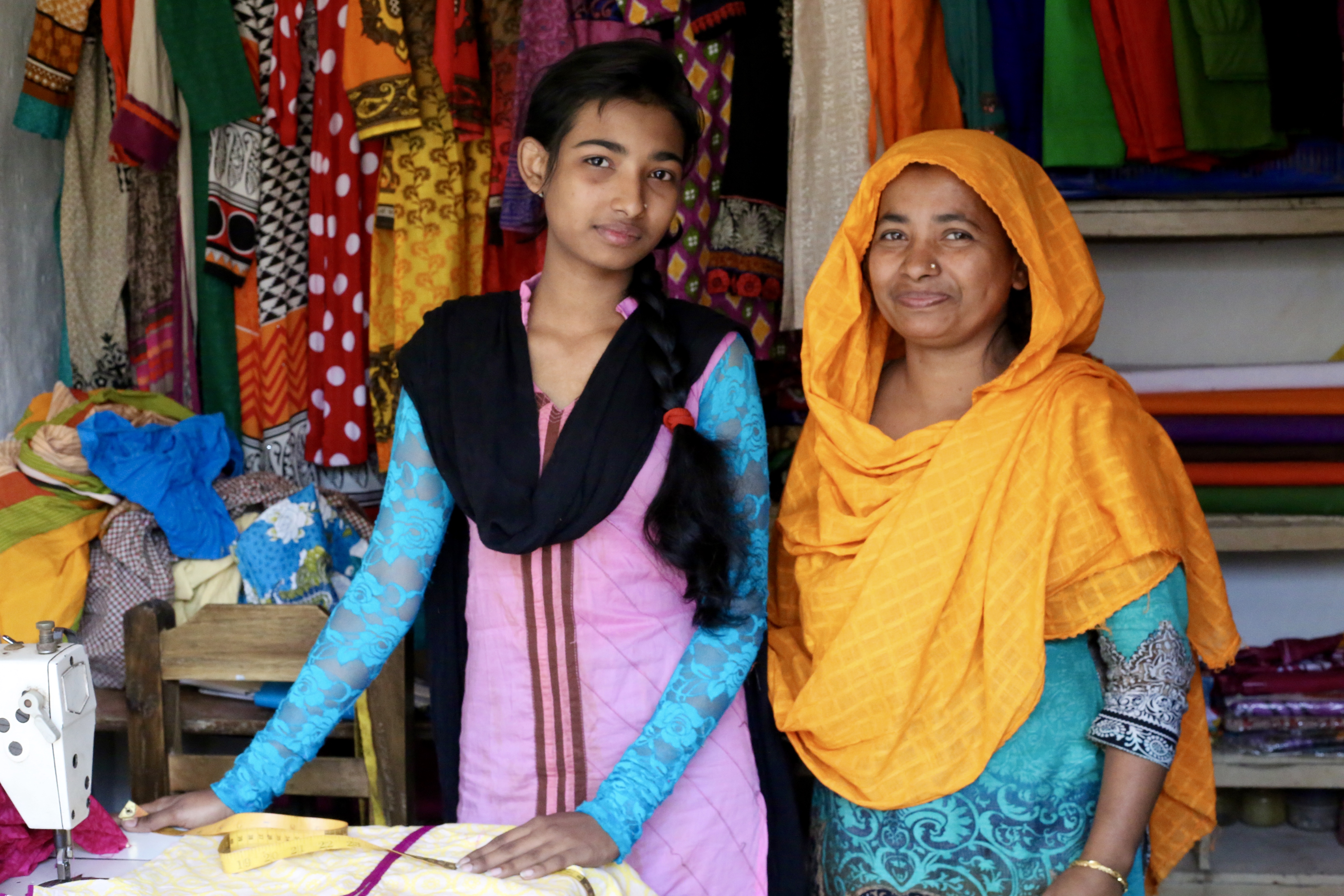In Bangladesh, we are following 1,900 Bangladeshi adolescent girls and boys in rural Chittagong and urban Dhaka. We are also following 1,800 Rohingya refugee adolescents in Cox’s Bazar. Our research includes the adolescents themselves, their siblings, caregivers, teachers and other community members. Population growth has slowed, but approximately one in five Bangladeshi citizens are adolescents between the ages of 10 and 19. Moreover, although Bangladesh is on track to graduate to a middle-income country by 2024, one in four people live below the poverty line, making it one of five countries accounting for the world’s largest absolute numbers of people living in poverty.
Bangladesh is on its way to becoming a developed country by 2021, where the vulnerable status of the country’s ‘adolescents’ will be a challenging factor in its way towards development. Female adolescents experience various obstacles and challenges such as lack of proper healthcare and nutrition; early marriage and adolescent pregnancy; obstacles in completing secondary school and acquiring technical/vocational and higher education; having access to information and technology; getting trapped by social norms in cases of owing to household chores assigned to girls and not boys, or parents’ preferences for spending money on their sons’ education, or poor mental health and sexual abuse.
GAGE is generating evidence on what works to enable adolescent girls and boys to come out of poverty, and to accelerate social change for adolescents, their families and communities. It aims to explore what strategies are most effective in transforming girls’ and boys’ lives at specific junctures in adolescence. GAGE research involves the most vulnerable adolescents, adolescents with disabilities, married girls and adolescent mothers, young girls/boys dropped out of school, and young people living in remote rural communities.
In order to support policy and programme actors to more effectively reach adolescent girls and boys to achieve effective gender equality and enhance their growth and better identify what is needed to meet the Sustainable Development Goals (SDGs), including the commitment to Leave No One Behind, BRAC Institute of Governance and Development (BIGD) of behalf of the GAGE programme, is hosting an expert roundtable to familiarise the relevant stakeholders with the GAGE research programme and its partners, share emerging insights from the baseline and consult with stakeholders on how best GAGE can support their programme and policy needs.
The expert roundtable will be designed to facilitate discussions towards achieving the following outcomes:
- Creating greater knowledge among relevant stakeholders about the GAGE programme, partners and current and future research.
- Creating demand for GAGE research outputs.
- Identifying areas/scopes for potential for research uptake.
- Establishing a network of relevant stakeholders.
Please RSVP to Farah Nusrat, Associate Research Uptake.
